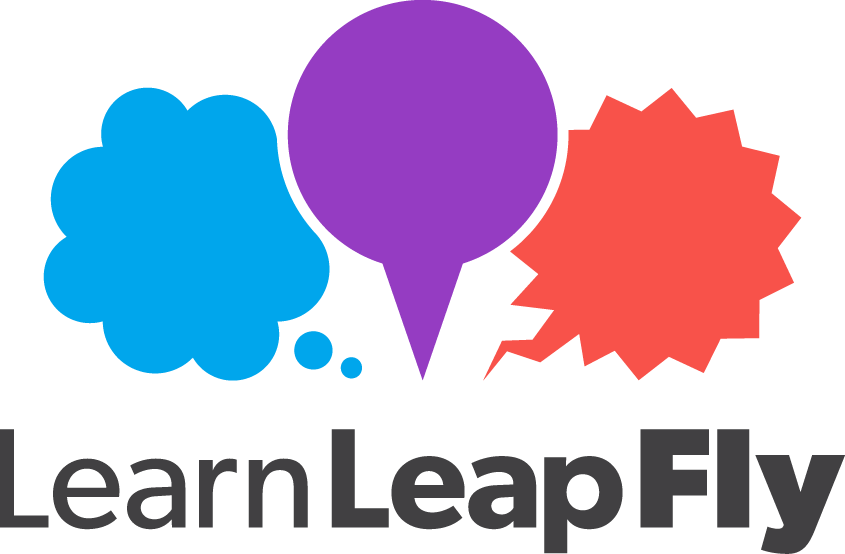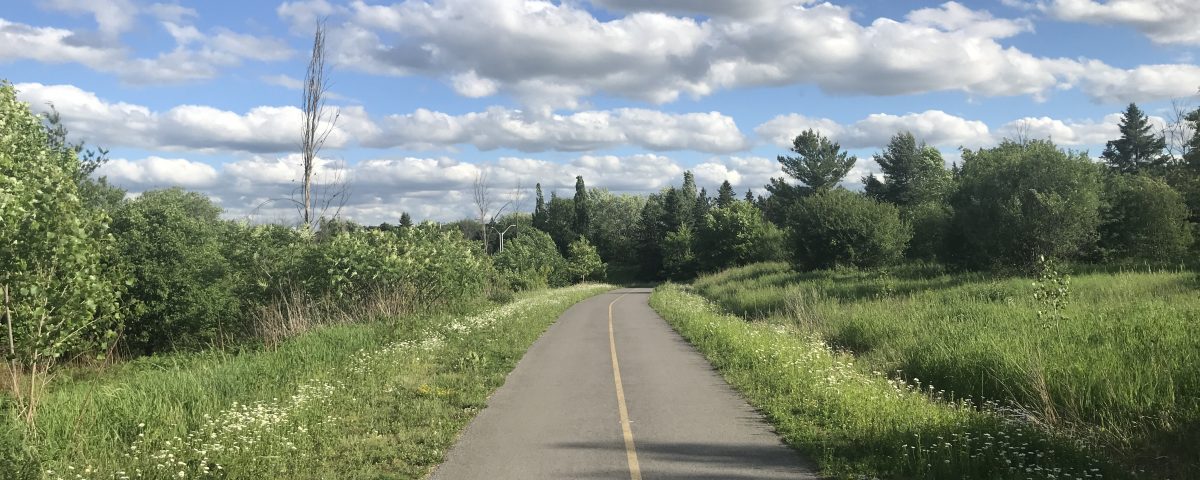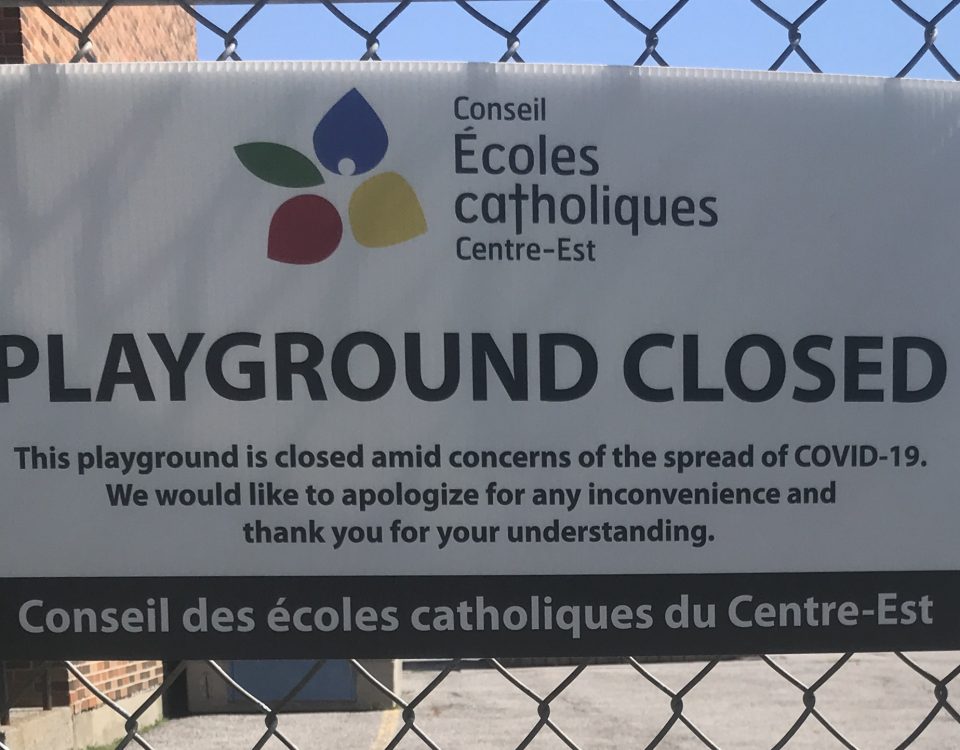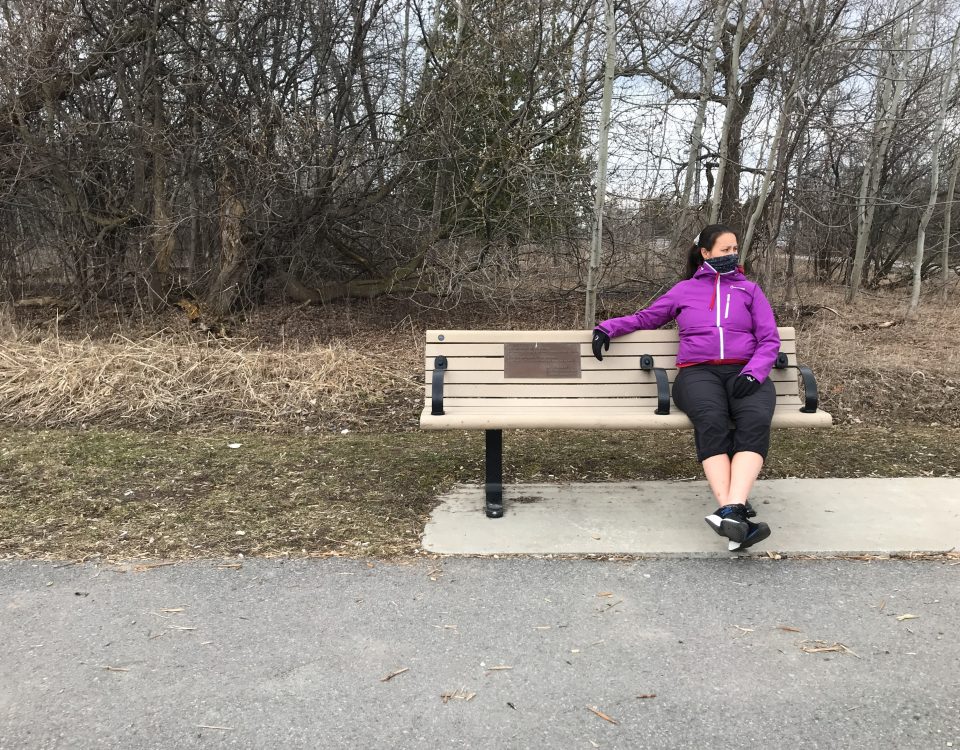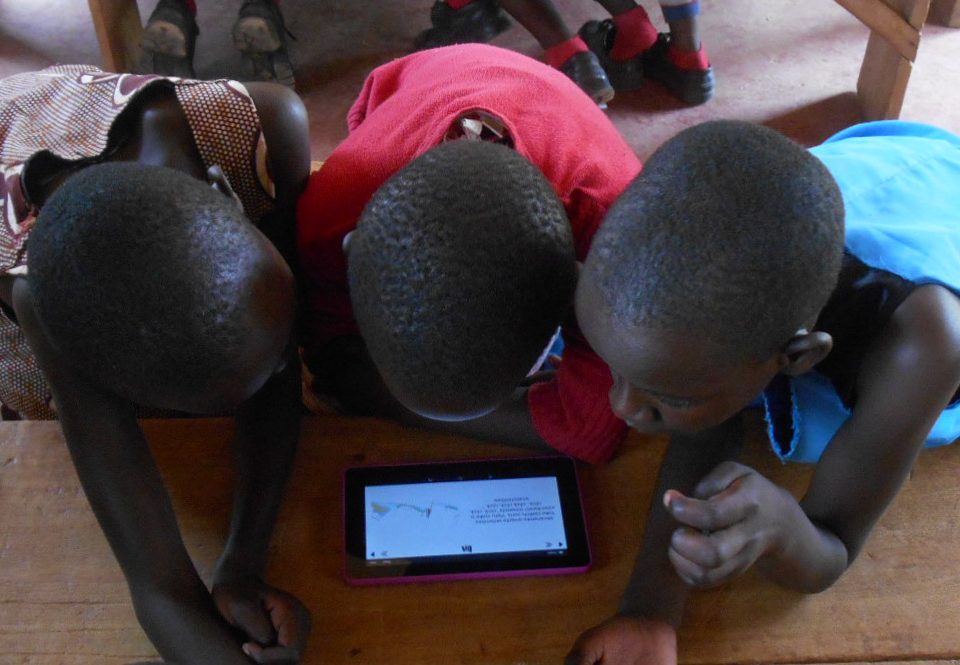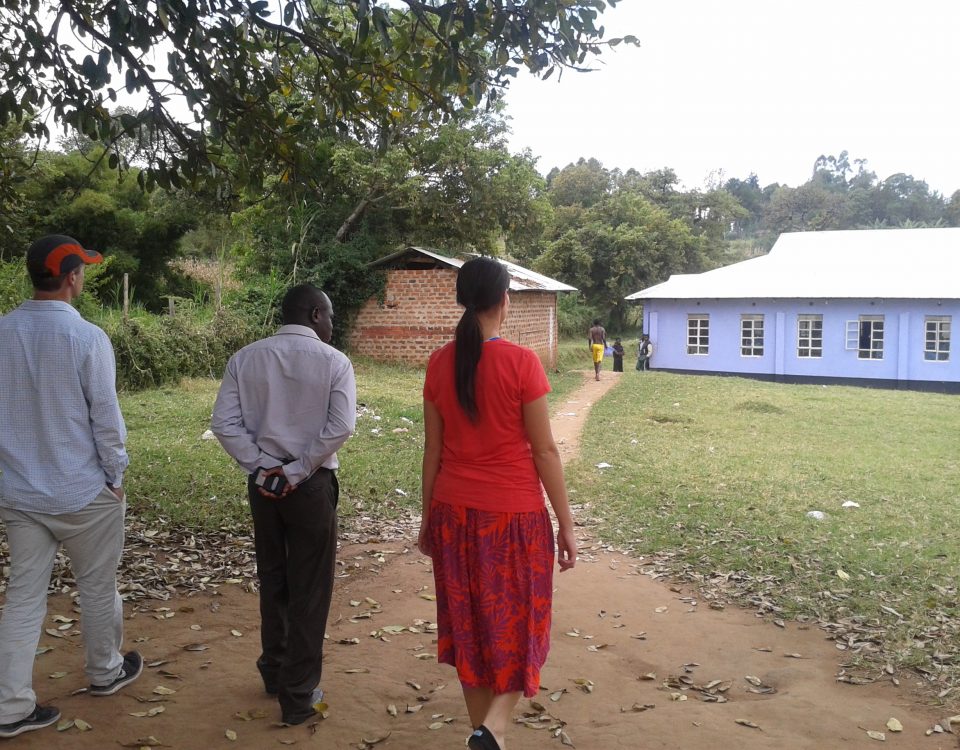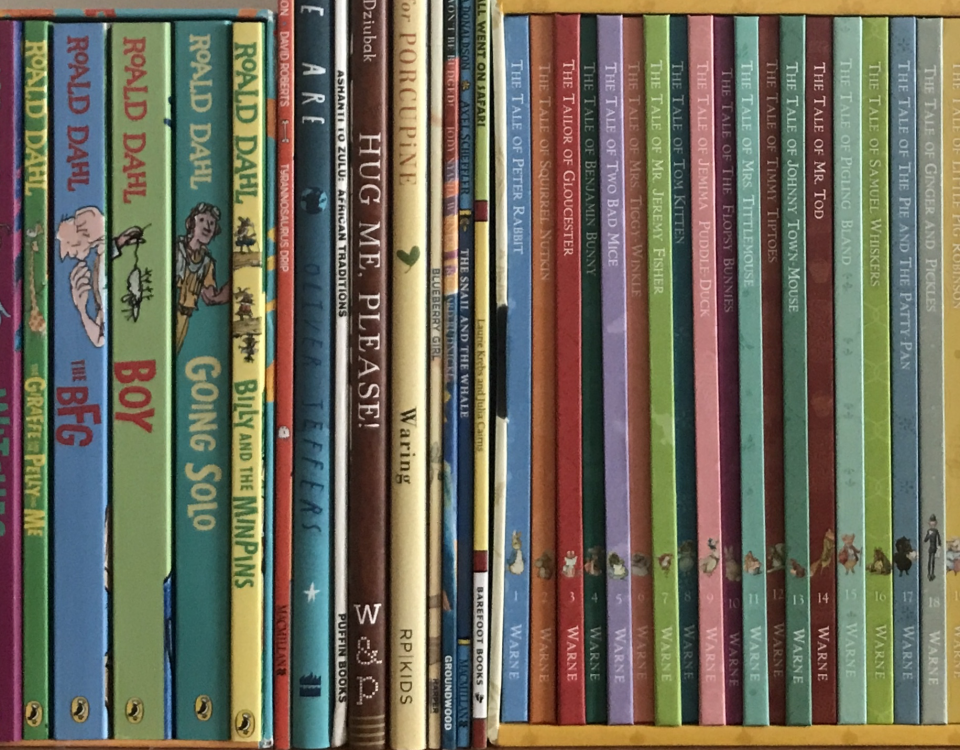I’d like to start with a shout-out to the front-line workers and those hit hard in this crisis. It was strikingly clear to me, as I wrote this piece, that my experience and perspective is one of great privilege. I am able to work from home. I can physically distance. I have technologies and connectivity that allow me to connect to the world from the relative safety of my own home. Regrettably, this is not the case for everyone. This piece is a call to action: a call to recognize not only our own privilege but also to look for ways we can help address these imbalances as we move forward, together.
It has been a remarkable couple of months. In March, COVID-19 hit us with a vengeance. The country went into lockdown, and we retreated to an unfamiliar and uncomfortable new reality of being largely trapped in our own homes.
We’re now emerging from that first phase of our COVID response, and as I look back over the past 3 months, I realize something remarkable. It’s not been all bad. There is a silver lining to this turbulent time. There are things about these past few months that I am coming to appreciate, even look forward to.
Closing the Physical Distance
When COVID hit, we had to give up our usual means of social contact. We turned to new, digital ways of connecting, hoping to get back our sense of community. We worked out with our friends and families online. We had virtual movie nights together. We played games together. We learned alternative ways to connect, and regularly contacted friends and family that were farther away, who we weren’t in the habit of talking with. We could reach out whenever. Because most people were at home, all the time.
Instead of only feeling trapped at home, COVID eliminated the usual feeling of distance. It encouraged us to reach out to people whenever we thought of them. It’s made the world feel like a smaller, more connected place.
Simplifying, and coming together
Since the crisis started, families have spent nearly every waking moment together. While this has been an enormous change for most of us, once we got past the initial shock, we settled in to our constant lives together. Now, as I look around my neighbourhood, I see families everywhere: playing, exercising, working, and enjoying their lives together. Families doing activities together fill the pathways of our town. And they do it with smiles on their faces, every day of the week.
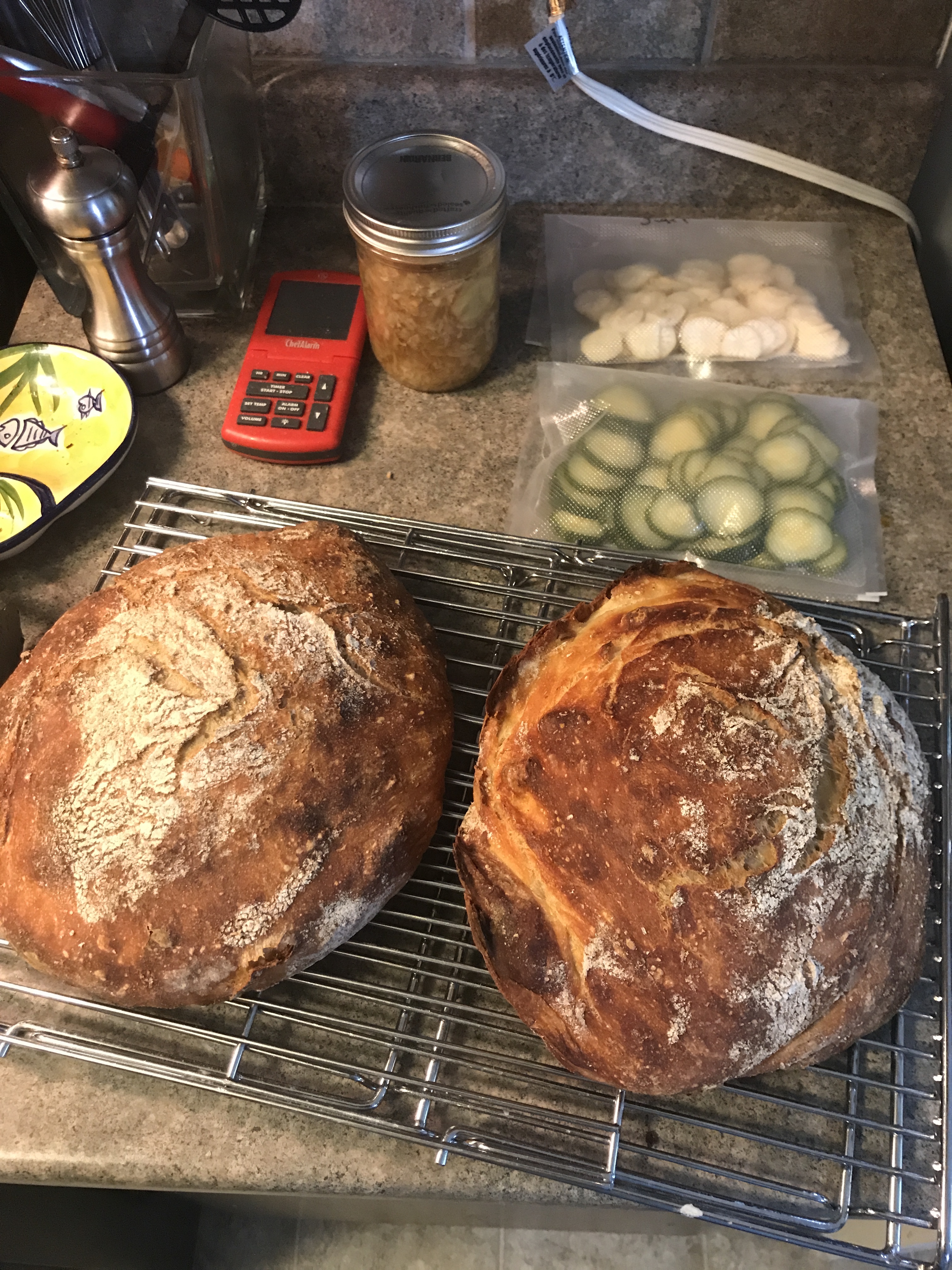
What’s more, as we came together, we also simplified our lives. We cooked as a family, ate all our meals as a family. We learned new skills: baking bread, planting gardens, building things again. We played in the backyard, green spaces, and in the streets around our homes. Our routines centered around our family units, and the basic needs we had day-in, and day-out: food, exercise, chores, but also fun, social connection, silliness and play.
Seeing the Unseen
As I reflect on the good our family has experienced, however, I realize that it reveals our privilege. Amy and I are privileged to have flexible jobs that let us work from home. Work that lets us arrange our hours around our family responsibilities, and not the other way around. We have access to technology that lets us stay in touch. We are grateful to be in this position. We know there are many, many people for whom this isn’t true.
As this crisis sheds light on these inequalities, we realize that we must let this seeing—this knowing—change us. This is an opportunity to recognize the shoulders that our systems rely on to carry us, and to treat them justly, generously, and much better than we have in the past. This too may bring a silver lining.
This crisis has put a spotlight on unconventional kinds of heroes, like the people keeping our pantries stocked and our bodies fed: the workers in our grocery stores and shops and the people handling our home deliveries. It’s highlighted meat-packers and farm hands that help us get food on the table, and restaurant owners who put as much into our communities as they do into their kitchens. It’s shined a light on health and social workers that care for our sick, our elderly, and our disadvantaged, and the teachers and daycare workers who care for our children day-in and day-out. For the first time in a long time, these people are not invisible. We see them, and we can take this moment to reflect on how to better support and appreciate them.
The crisis has also highlighted the role that technology now plays in our everyday lives. Technology has been a great enabler throughout this time, but there are many households who don’t have easy or reliable access to it. Some children can’t take part in crisis schooling from home as they don’t have the internet or devices to stay in touch with their teachers. There are workers who can’t work from home because they don’t have access to technology that might otherwise enable them.
Revealing the Cracks
COVID-19 has revealed cracks in the social systems—systems that should serve us all, but do not. This crisis has hit some communities harder than others, and often those who need the most support from our social systems have had the hardest time accessing the help that they need. We need to take this opportunity to identify systemic cracks, make plans, and put teeth behind our efforts to fix them. The current #BlackLivesMatter movement fighting systemic racial inequalities is further magnifying just how large some of these gaps are and how much farther we have to go. We can, and we must empower and give opportunities to those among us who are less privileged, whose voices are not readily heard, who are taught to accept their place and to stay quiet.
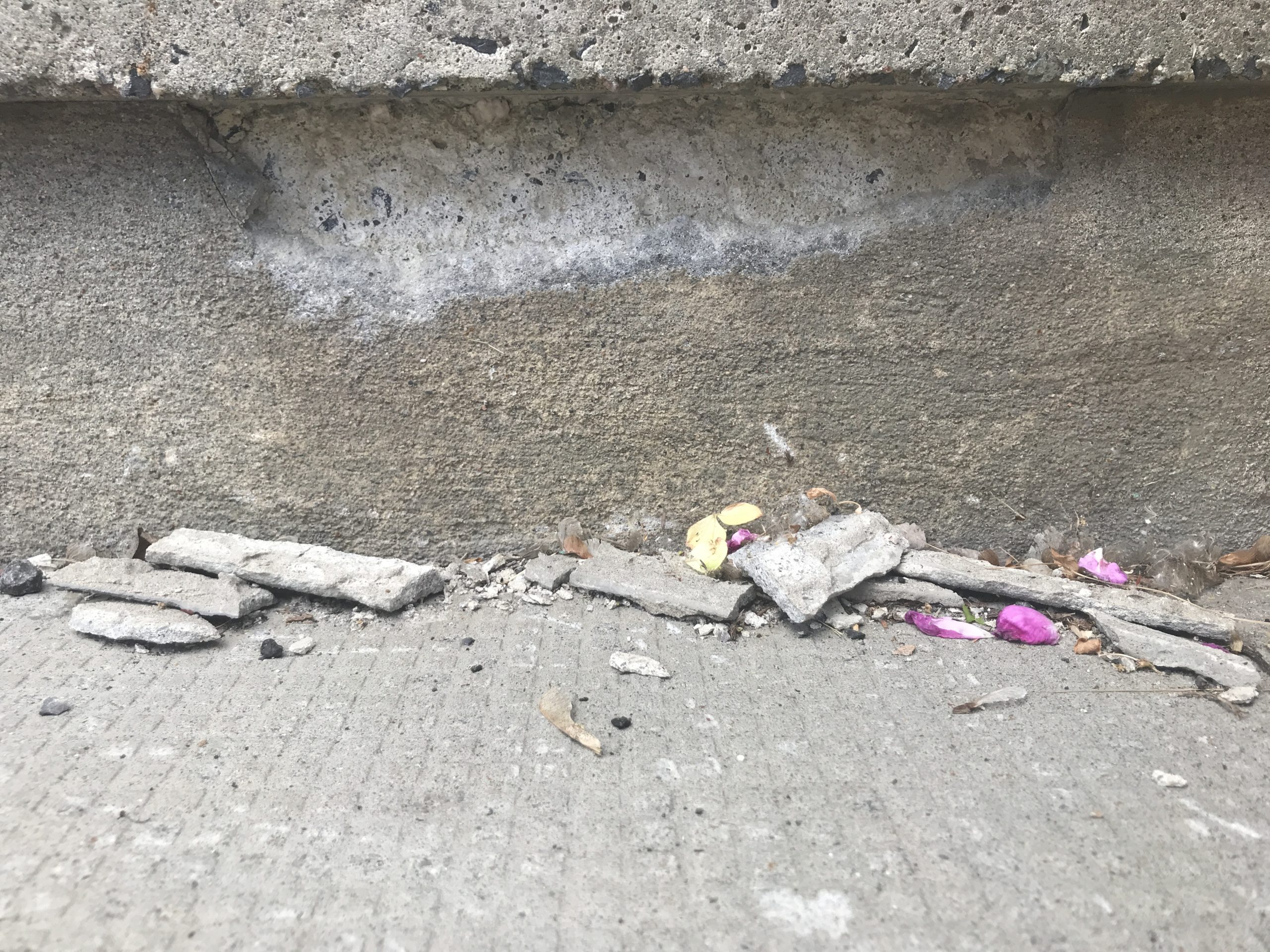
Our governments here in Canada have been amazing at creating short-term programs to help in this crisis time: temporary programs to pay our front-liners more, or social assistance for people who haven’t been able to work. Now that we see the cracks, however, we need to move past temporary solutions, and think about how we can fix them in the long-term. How can we improve the pay and working conditions for our essential workers? How can we ensure households have access to technologies that can enable and connect them to our online world? How can we change our values, our businesses and our lives to give all children a solid opportunity to contribute their best selves to society no matter where they come from, what they look like, or what career path they choose?
The Silver Lining
As I look back over the last few months, I realize that I have moved from anxiety to gratitude for the opportunities that COVID has given us. While the pandemic is a terrifying and deadly threat, it has brought us together in ways I could have never expected. We’ve drawn together, supported each other, simplified, and recognized the challenges that remain. This brings me great hope.
There are still storm clouds on the horizon, but there are silver linings inside them, too.
Stay safe and take care of each other. We will come through this stronger together.
